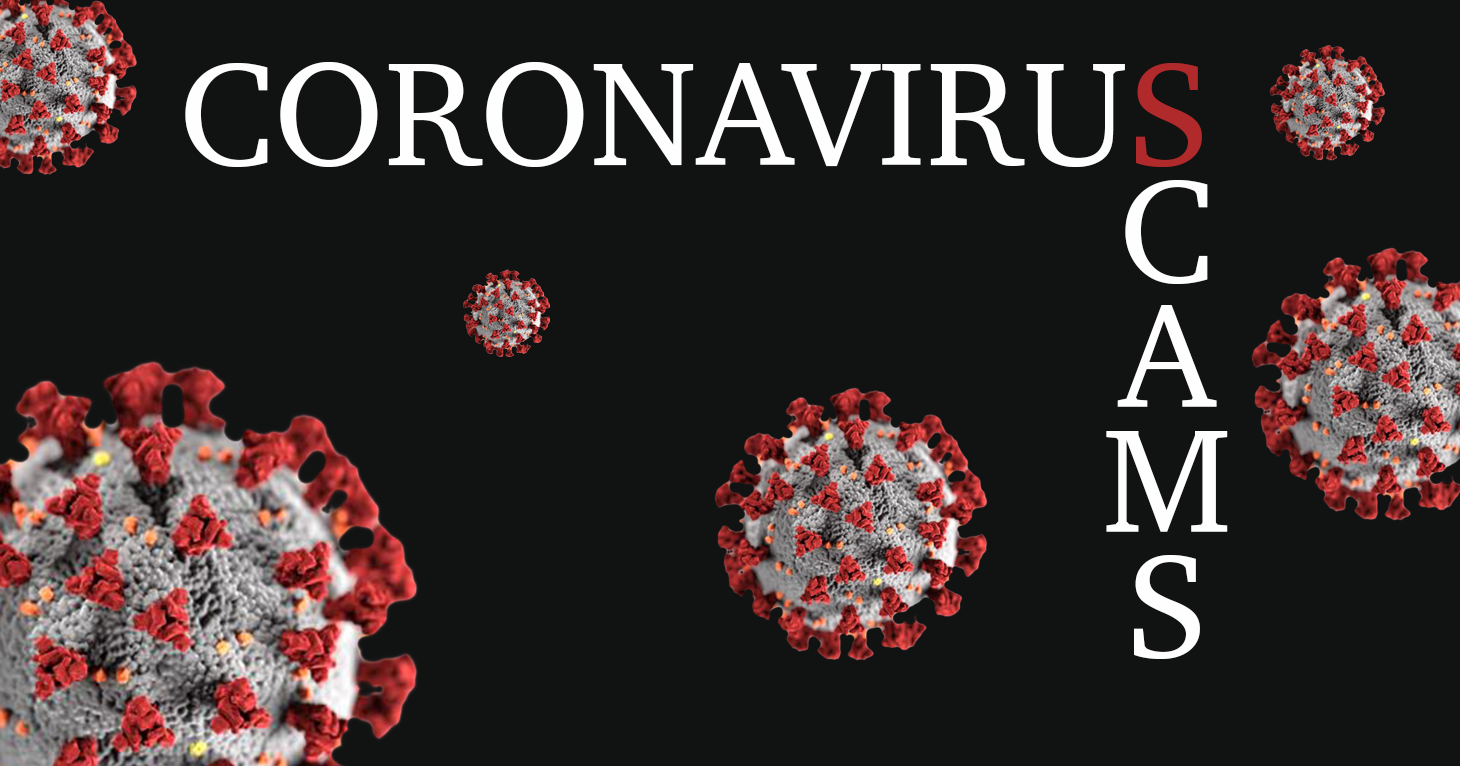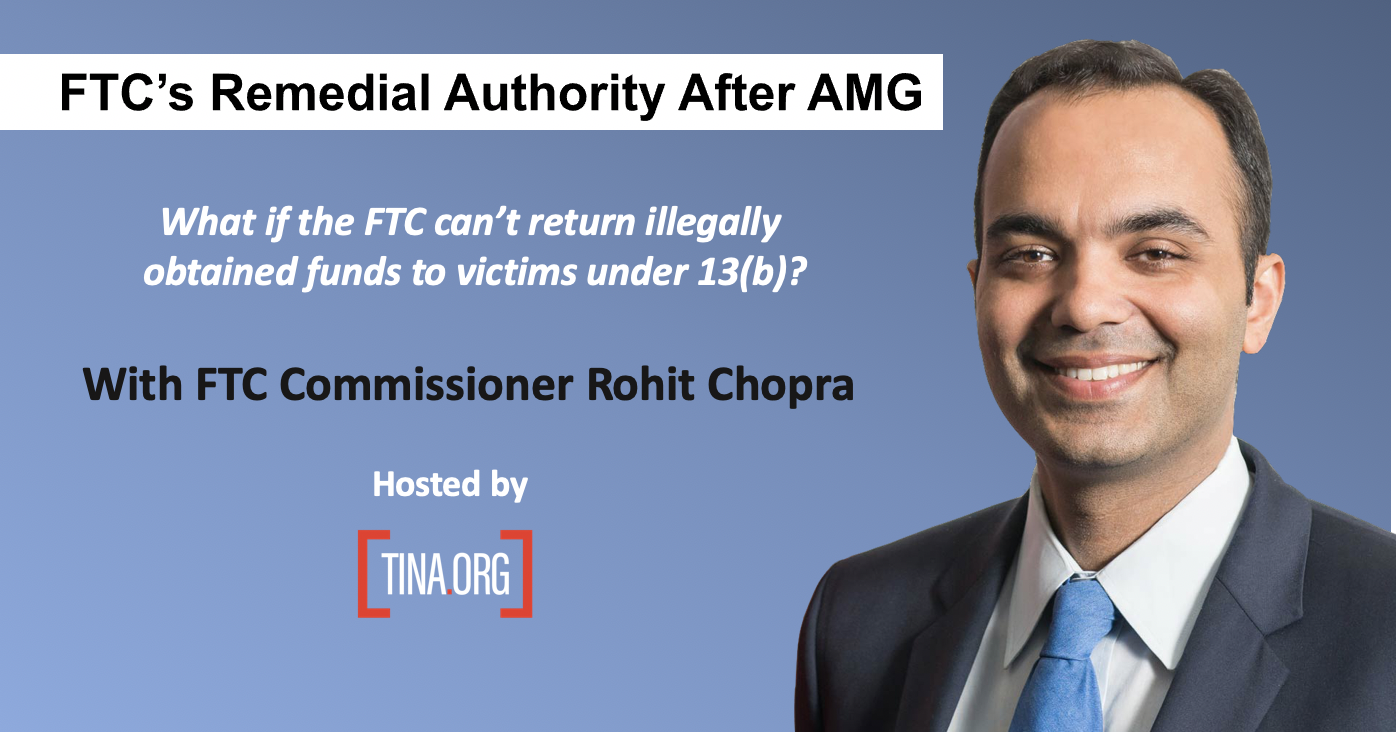
A Growing List of Coronavirus Scams
A master list of known and alleged scams.
Tips on how to protect yourself from a charity scam in the wake of the earthquake in Nepal.
We Americans are a generous bunch, giving about $300 billion in donations, according to the American Association of Fundraising Counsel. It’s no wonder then that criminals and con artists are hard at work trying to take advantage of our philanthropic nature. Scammers reach out to us the same way that legitimate charities do – through e-mails, direct mail, telemarketing, online ads, and messages through A website that allows you to build a profile and connect with otherss.
Below, we’ve highlighted a few examples of charity scams and, further down, tips on how to protect yourself if you plan to give in the wake of the weekend earthquake in Nepal, where as many as 10,000 people are feared dead:
Helping Hands of Hope

Helping themselves to some major moolah is about all this Arizona-based charity did with its helping hands. Caught red-handed by the FTC and ordered to pay $26.3 million in 2010, this so-called charity relied on telemarketing to bilk customers into buying ordinary household items, such as light bulbs and trash bags, at steep premiums, claiming that the proceeds would go to helping the disabled.
Americans Veterans Relief Foundation, Inc.
 Just one of numerous fake charities set-up to fleece the patriotic, AVRF spent nearly all the money raised to pay themselves and the professional fundraisers they hired instead of supporting families of soldiers fighting abroad like they claimed.
Just one of numerous fake charities set-up to fleece the patriotic, AVRF spent nearly all the money raised to pay themselves and the professional fundraisers they hired instead of supporting families of soldiers fighting abroad like they claimed.
In fact, AVRF was found to have only spent $21,000 on veteran’s grants and assistance out of the $3.6 million it collected. As part of “Operation False Charity,” the FTC filed a federal lawsuit against AVRF, among others, which resulted in a $6 million judgment against the organization. The judgment was suspended because of its “inability to pay.”
Civic Development Group
OK, admit it. When one of these police charities call and offer you a sticker in exchange for your donation, don’t you do it hoping that it’s going to get you out of your next speeding ticket?
CDG is just one of the numerous for-profit telemarketing groups that solicit donations and claim to benefit local law enforcement agencies. Asserting that 100 percent of donations went to charities, the telemarketing group actually kept 85-90 percent of the money collected.
In 2010, the company was ordered to pay by the Federal government agency charged with enforcing various consumer protection laws and overseeing identity-theft related matters. Information on the FTC’s identity theft programs can be found at www.ftc.gov/idtheft. a record $18.8 million and permanently barred from telemarketing for charitable donations. It was the largest settlement ever in an FTC consumer protection case.
To get an idea of where the money went, here’s a list of assets seized from the people running the scam: $1.4 million in artwork by Picasso and Van Gogh, an $800,000 guitar collection, three Mercedes, two Bentleys, a Range Rover, and more.
How to protect yourself:
1. Before committing to give, gather as much information as you can about a particular charity. A key question to ask is what percentage of the money is spent on helping victims versus how much is spent on fundraising efforts/overhead. Search for information online through websites such as:
2. If you are contacted over the phone, ask for written documentation. Ask to be removed from their contact list if they refuse to send you more details in the mail.
3. Don’t give in to any high-pressured tactics and don’t agree to send cash or give away bank information.
4. Be especially wary about any charity that pops-up in the wake of a natural disaster. Generally, it’s better to give to an established organization that has the infrastructure to get help where it’s needed.
5. Remember: Although charities are exempt from the National Do Not Call Registry, they must honor your request if you ask to be removed from their lists.
If you believe that a fake charity has contacted you or if you have been a victim of a charity scam, you can contact your local State Attorney General’s office, as well as the FTC, and file a complaint.
This article was originally published in October 2011.
A master list of known and alleged scams.
In case you missed it, watch the webinar with FTC Commissioner Rohit Chopra.
All that glitters is definitely not gold at this California-based precious metals seller.


